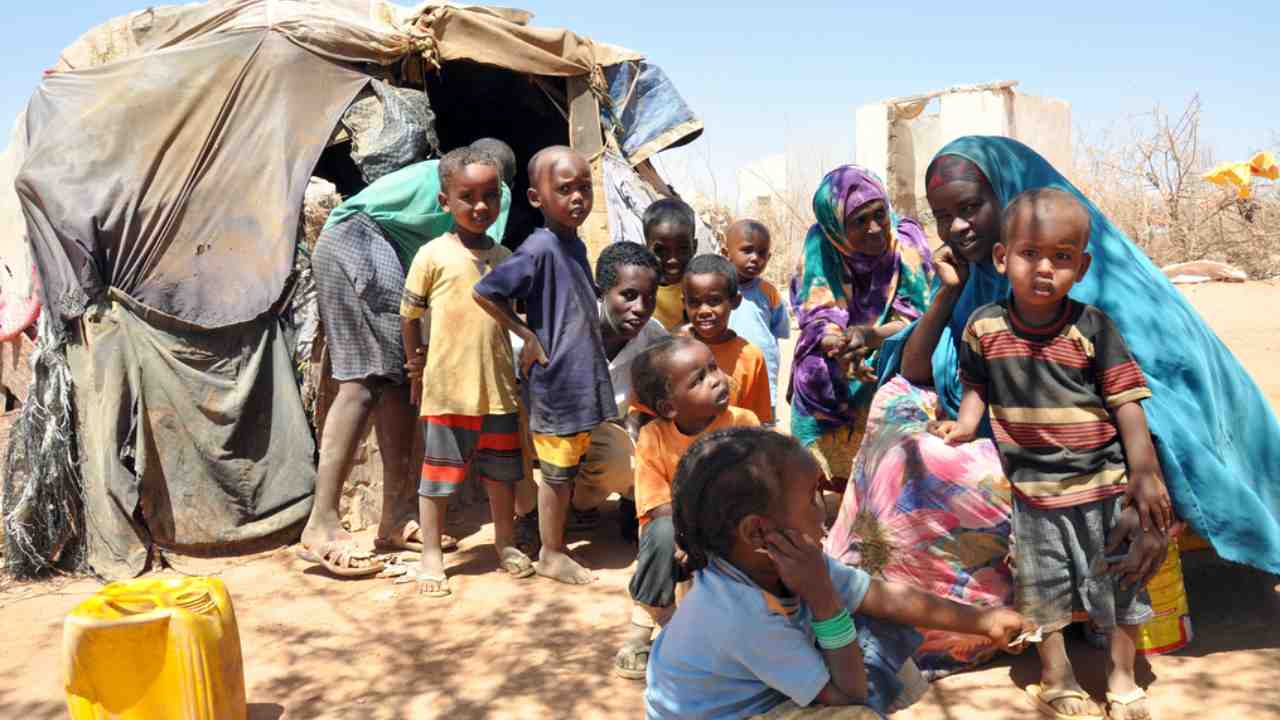The number of people forced to flee conflict, violence, human rights violations and persecution has surpassed the historic goal of 100 million people, the UN Refugee Agency warned on May 23. The war in Ukraine and other conflicts helped raise the record to unprecedented figures, added UNHCR chief Filippo Grandi.
“One hundred million is a very harsh figure: sobering and alarming in equal parts. It is a record that should never have been reached,” said the United Nations High Commissioner for Refugees.
The positive conclusion that Filippo Grandi drew about this registry is “it should serve as a wake-up call to resolve and prevent the most destructive conflicts, end persecution and address the underlying causes that force innocent people to flee their homes.”
According to new data from the UN agency, the number of forcibly displaced people worldwide rose to 90 million by the end of 2021, fuelled by new waves of violence or long-running conflicts in countries such as Ethiopia, Burkina Faso, Myanmar, Nigeria, Afghanistan and the Democratic Republic of the Congo.
To this figure must be added the internal displacement of eight million people caused by the war in Ukraine this year and more than six million departures of refugees from the country.
The total figure, which represents more than 1 percent of the world’s population, would be equivalent to the population of the 14th most populous country in the world and include refugees and asylum seekers, as well as the 53.2 million people displaced within its borders due to conflicts, according to a recent report by the Internal Displacement Monitoring Center.
Grandi called the international response to people fleeing the conflict in Ukraine “extraordinarily positive” and, in turn, stressed that “compassion lives on.” However, he stressed that a similar mobilisation is necessary for all crises globally.
“Ultimately, humanitarian aid is a palliative (remedy), not a cure. The only answer to reverse this trend is peace and stability, so that innocent people are not forced to choose between grave danger at home or flight and exile in precarious conditions,” stressed the UNHCR chief.


























